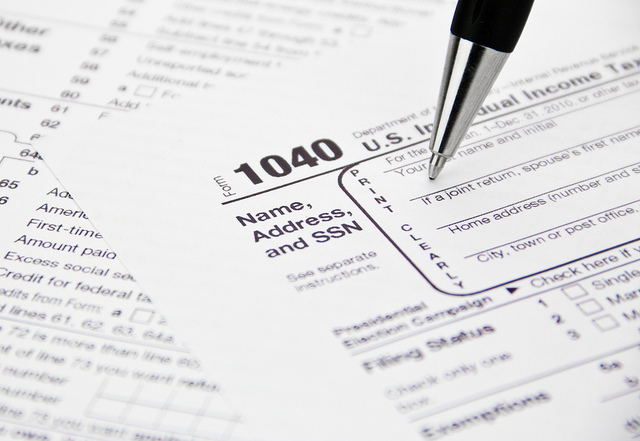So you want to be a professional photographer? You’ve got a camera, a website with some galleries and you’ve even earned a few bucks on the side for your work. You have the passion, now you have a taste for the business. So it’s time to quit the 9-to-5, right? Not so fast. There’s a lot you need to think about first. Sure you can take money under the table, but if you want to be legit, if you want people to take you seriously as a professional then you have to take certain steps.
The first question a lot of beginning photographers struggle with is, how much to charge. There are quite a few sources to turn to for help with this question, but I’m going to save that for a later post.
Before you start charging people, you need to set up your business. The example I am about to provide is for my specific case in my state (Florida). I am not an accountant or attorney, so use this as a guide.
First, you have to decide if you want to operate as a sole proprietor or a corporation. Don’t tell Mitt Romney, but corporations are not people (more on that in a moment). As a sole proprietor you just run your business and pay taxes. A Limited Liability Corporation, as the name implies, gives you protection against debt and lawsuits. If you are a sole proprietor and the business goes bust or you get sued, your personal assets are at stake. Do you really want to lose your car, house and life savings because your photography business didn’t make it? As an LLC, debts and lawsuits are limited to the corporation and not your personal assets. In Florida, it costs $125 to register an LLC and $140 a year to file annual reports.
Speaking of lawsuits, you can buy commercial liability insurance and “errors and omissions” insurance. The first, protects you if someone gets hurt or property is damaged while you’re on a shoot. The latter is bridezilla insurance. Or in the case of one New York studio, a divorced man who wants tens-of-thousands of dollars to re-create his wedding. You can learn more about insurance for photographers from the PPA and ASMP. I got a quote from a company offering a 1-million dollar liability policy, $15,000 in equipment insurance and $25,000 errors and omission protection. The quote was for $625 a year.
Next, you have to get an Employer Identification Number (EIN) from the IRS. This is just a number the IRS uses to identify a business. If you get a W-2 from your employer, you should see the EIN number on the form.
Now you’re ready to pay taxes quarterly! Yay! Depending on how much you made and spent on business expenses, you have to estimate how much taxes you owe and send a payment every quarter. Since you work for yourself, you owe self employment tax. The current rate is 13.3% 15.3%. [UPDATE: Remember the fiscal cliff deal at the end of 2012? Well the 2% holiday on social security deductions went away. So as of Jan. 2013, the rate goes back to 15.3%]
Just like your wages are deducted for social security and medicare, the SE tax deducts 10.4% for social security [now 12.4%] and 2.9% for medicare. Then there’s income tax. Whatever your tax bracket is gets added to the self employment tax. So in my case, I’m paying 38.3% in tax: 13.3% for self-employment and 25% for income tax. [now 40.3% in tax]
There are, of course, deductions you can take. I pay for my own health insurance, so I can deduct that. If you bought a new lens or camera, that’s a deduction. You can even claim mileage at 55-and-half cents a mile.
[UPDATE 2/7/11]: Check out this post on special tax advice for photographers.
Let’s add it up so far: $125 for the LLC, $625 for insurance and 40% of everything I earn (after legitimate deductions) goes to taxes. Still think you can charge $100 for a photo shoot?
I’ll get more into pricing in the next post. For now I want to leave you with some resources. Check out Photoshelter’s Vimeo page for great videos with the “Tax Ninja” on taxes for photographers and three good videos with John Harrington. Harrington, of course, is the author of “Best Business Practices for Photographers” and the Photo Business blog. I’ll leave you with a video on the “7 Common Tax Mistakes Made by Photographers”.

